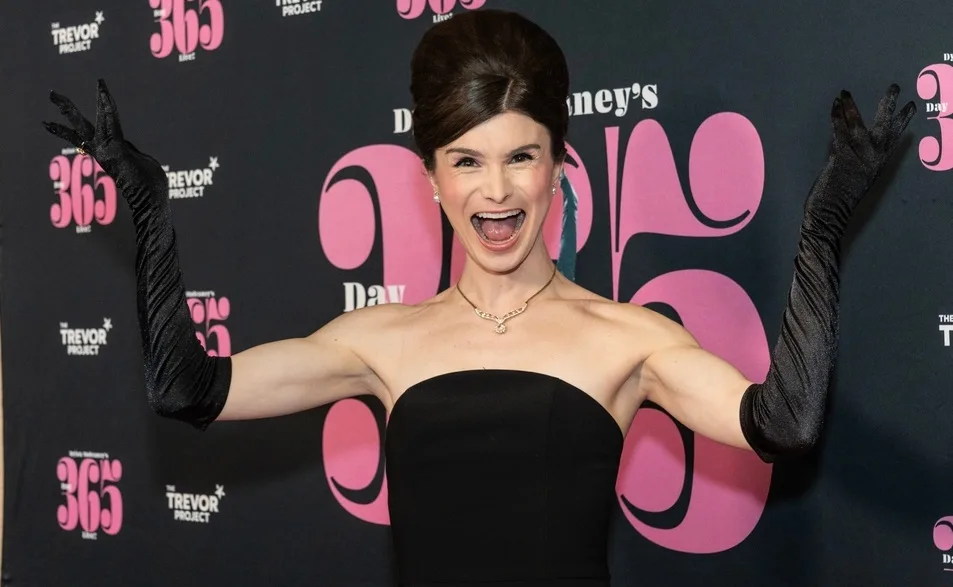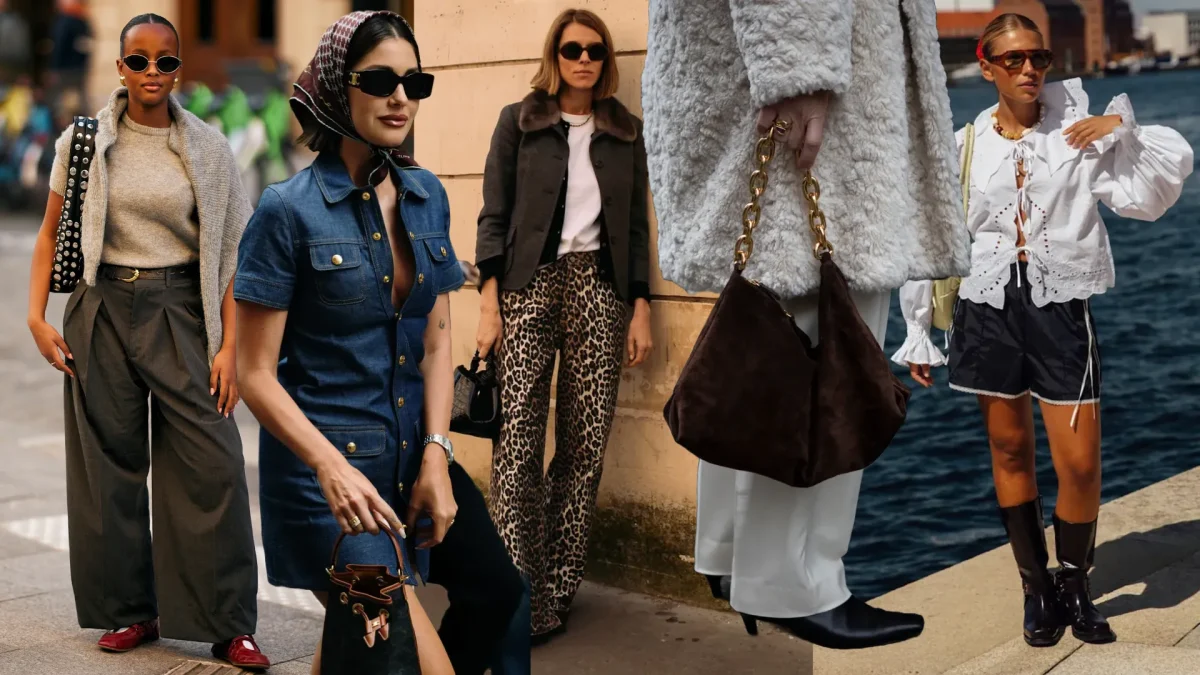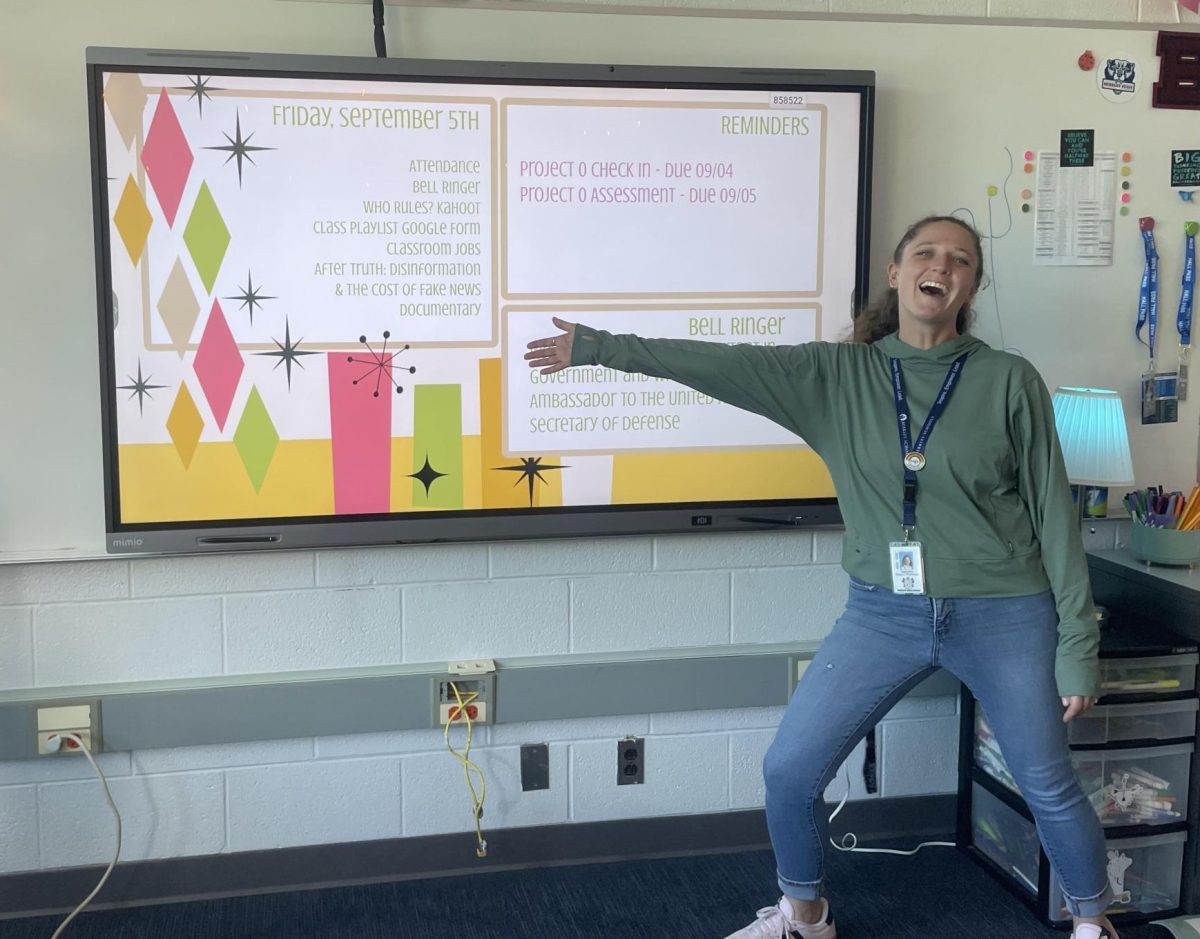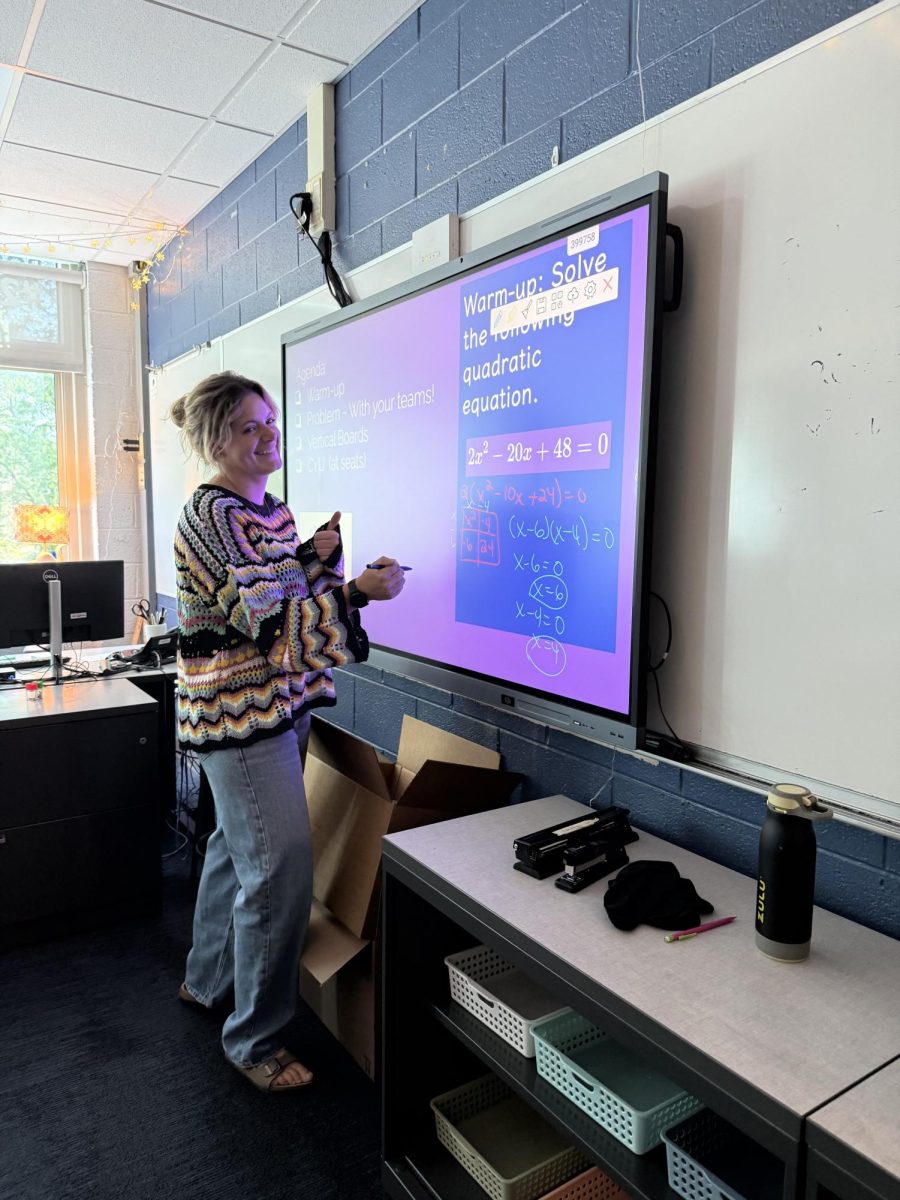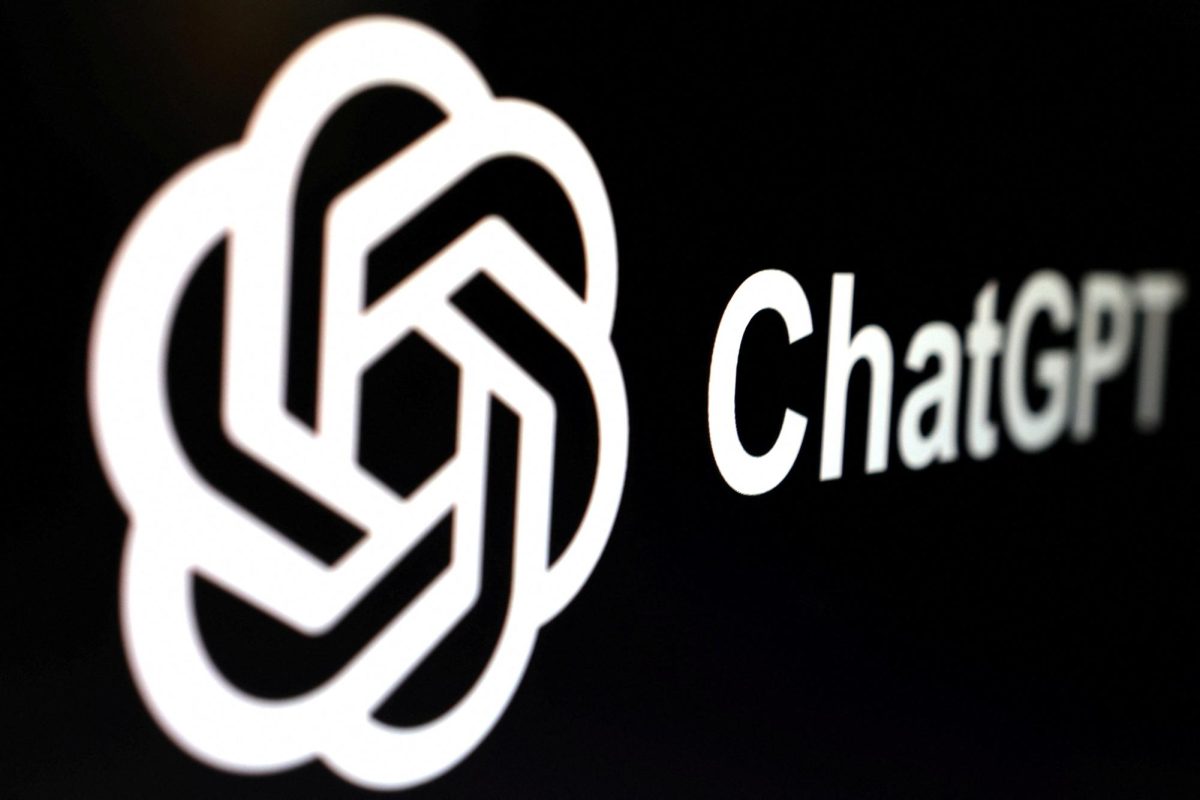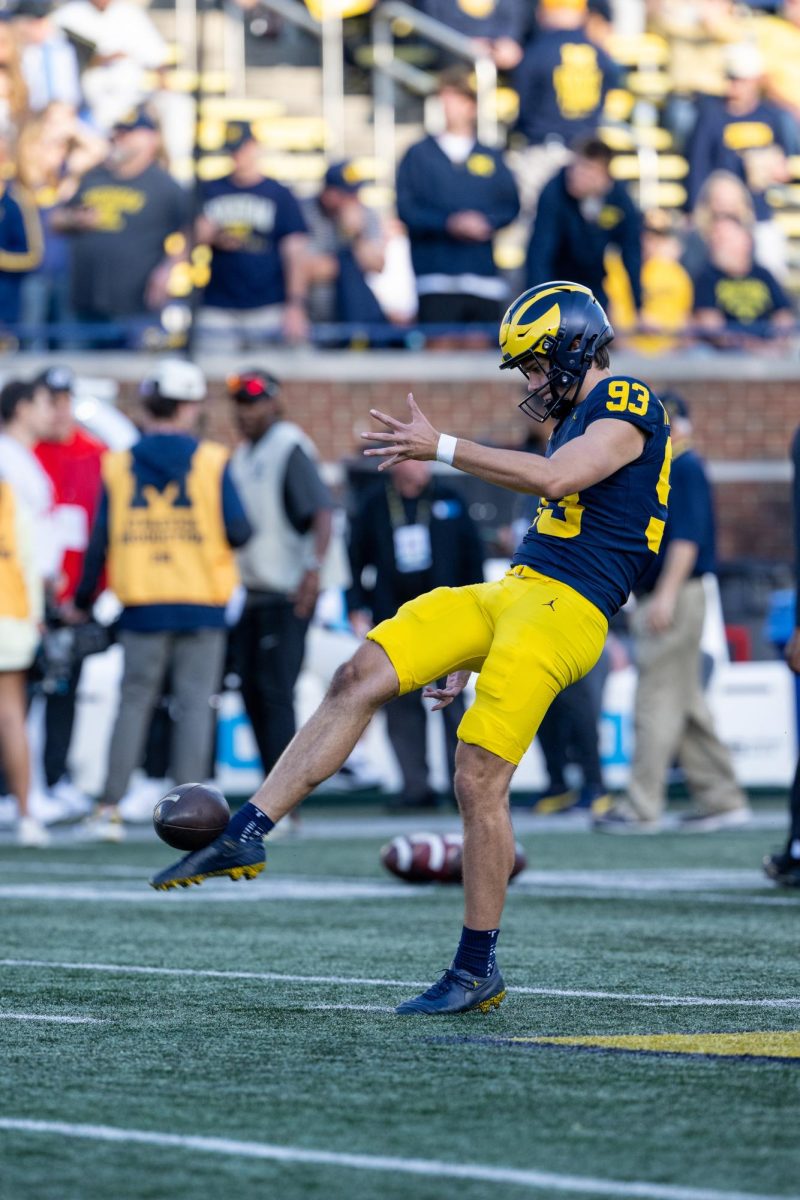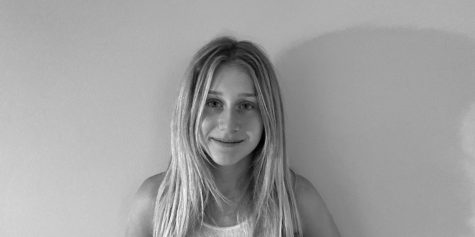October is LGBTQ+ History Month. According to UCF edu, this month celebrates the history and accomplishments of lesbian, gay, bisexual and transgender people. LGBTQ+ History Month has shifted over the past 30 years, initially serving as more of a call to action, but now its purpose is to highlight queer role models.
Role models in the Berkley community are plentiful, ranging from parents to activists to influencers. To honor queer inspirations in the community, I asked BHS students who they look up to and learn from.
BHS Senior Zion Mihalic says, “My role model is my dad.” She goes on to explain that “He has taught me a lot about the community and its history. It’s really cool to learn it from somebody who I know so well.” Parents in the LGBTQ+ community have the unique opportunity of showing their kids their own queer relationships, instilling them with open mindedness and acceptance. By seeing an exemplary queer relationship, kids are likely to feel empowered to embrace their own sexuality.
Parents also serve as teachers to their children and the younger generations. Another form of teachers in the community has arisen through social media. Many LGBTQ+ TikTok influencers use their platform to educate their audience and share their experiences. Senior Penelope Cohen has learned a lot and admires these individuals stating, “I follow this non-binary person on TikTok, @desmondfambrini. They are a teacher and they respond directly to comments of people asking specific questions about the LGBTQ+ community that they want to have clarified or learn more about.” Cohen explains that a lot of these comments are “followers asking questions because there is some lack of understanding of what people that are LGBTQ+ prefer to be called or misconceptions about them.”
For example, one question Fambrini was asked was if they preferred to be called “handsome or pretty”, and Fambrini talked about being gender fluid and the compliments they prefer. Cohen appreciates that Fambrini responds to these comments, because a lot of them include questions she has. She follows them to be better educated and understanding of the queer community. Fambrini also replies to hate comments, actively calling out bigotry and identifying the harm and injustice inherent in homophobic and transphobic perspectives. By doing this, Fambrini is promoting tolerance, understanding, and inclusion.
Desmond Fambrini uses their platform to inform their large audience about the community and to spread acceptance. Similarly, other creators find beneficial ways to support the LGBTQ + community through their social media content.
Dylan Mulvaney is another creator who does just this. Dylan Mulvaney is a transgender women, who gained traction through her TikTok series “Day #__ of being a girl”. This series began when Mulvaney transitioned, and she made a video almost every day, basking in her girlhood and celebrating her identity. Senior Sharmel Gibson commented that these featured things like “‘I went dress shopping’ and ‘I hung out with my friend’. It was her version of experiencing her womanhood that she hadn’t yet been able to experience.” For example, Mulvaney’s Day 234 was her “First Halloween as a girl”, and she explained that her Dorothy costume was a “gift to her inner child, because one of the only days of my childhood where I actually felt gender euphoria was the Halloween where I dressed up as Dorothy in the 3rd grade.” Mulvaney also had facial feminine reconstruction surgery, and shared this experience with her audience.
Gibson recognized Mulvaney as an icon in the queer community, noting that “she simply lives her life authentically and embraces her true self”. Gibson’s perspective also highlights that not all icons have to be activists in the traditional sense; activists like Mulvaney empower others by embracing their identity and sharing it with their audience. This breaks stigmas surrounding the trans community and inspires self-acceptance.
Senior Marley Deroven references Indya Moore as someone she has followed for years. “She is an actress on the show Pose, which is about the underground drag communities in the 80s.” But more importantly, LGBTQ+ member Moore is “an activist outside of the show,” Deroven explains. She has looked up to her for years, because “Moore is very transparent in the things that she believes in. Her role in the show was pretty inspiring, and she has taught me a lot about the history of the movement through her social media and activism.” Moore beautifully uses her platforms on shows and social media to amplify the voices of the LGBTQ+ community and teach people the history of it.
Contrarily, Senior Aliza Hennes hasn’t had the guidance of LGBTQ role-models. “I feel like I didn’t have an icon or someone in the community I looked up to.” Hennes further shared that she didn’t have anyone “who helped me find who I am or come out. I guess I found that out on my own.”
This shows the reason for honoring, consuming content by, and giving platforms to teachers and members of the community. Cohen explains that she thinks it is important because, “It gives young people who are struggling with their sexuality a chance to look at LGBTQ+ role models and influencers, which I think could help them in their journey of exploration.” This is why LGBTQ+ History Month is so meaningful; by highlighting role models in the community, we are showing adolescents a hub of information and acceptance.


